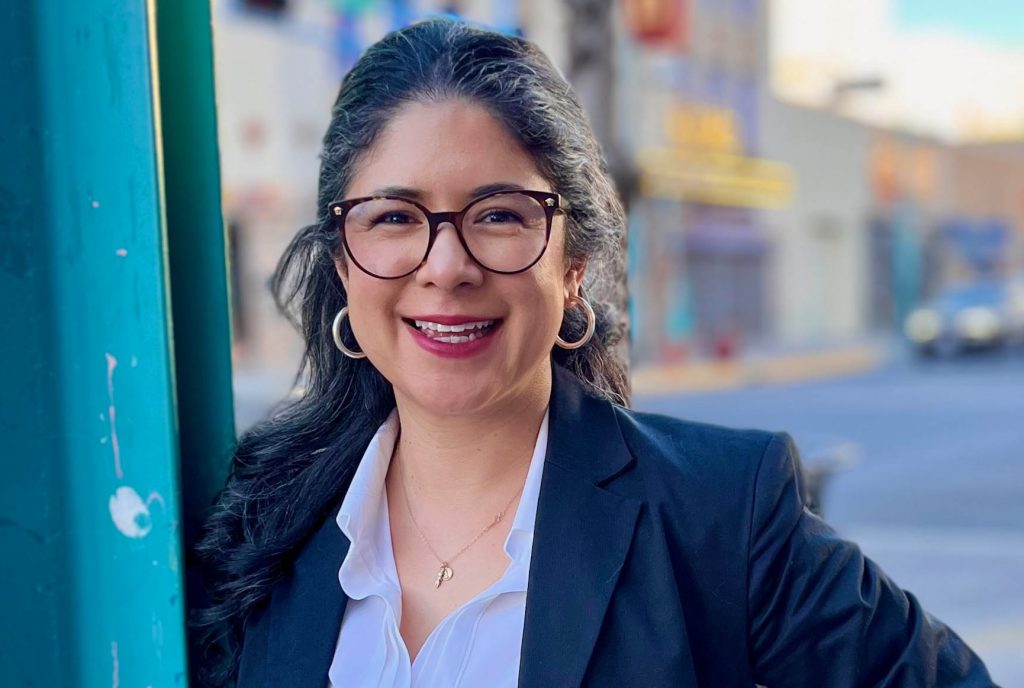Allies of Senate Majority Leader Mitch McConnell used a blind spot in campaign finance laws to undercut a candidate from their own party this year — and their fingerprints remained hidden until the primary was already over.
Super PACs, which can raise and spend unlimited sums of money in elections, are supposed to regularly disclose their funders. But in the case of Mountain Families PAC, Republicans managed to spend $1.3 million against Don Blankenship, a mustachioed former coal baron who was a wild-card candidate for a must-win West Virginia Senate seat, in May without revealing who was supplying the cash.
The move worked like this: Start a new super PAC after a deadline for reporting donors and expenses, then raise and spend money before the next report is due. Timed right, a super PAC might get a month or more undercover before being required to reveal its donors. And if a super PAC launches right before the election, voters won’t know who’s funding it until after they go to the polls.
The strategy — which is legal — is proving increasingly popular among Democrats and Republicans. The amount of super PAC spending during the 2016 congressional primaries in which the first donor disclosure occurred after the primary election totaled $9 million. That figure increased to $15.6 million during the 2018 congressional primaries and special elections.
Backers of Mountain Families PAC didn’t respond to a request for comment. It is one of 63 super PACs this election cycle that have managed to spend money to influence races and postpone telling voters who funded them, according to an analysis by Politico and ProPublica of Federal Election Commission data.
Voters bear much of the cost when they head to the polls without information on who funded a PAC that tried to sway their votes, said Meredith McGehee, executive director at the nonpartisan watchdog group Issue One.
“The whole idea behind disclosure is that one of the factors that voters can, and understandably should, take into account in judging the message is who the messenger is,” McGehee said.
In total, super PACs have spent at least $21.6 million this cycle in 78 congressional races before disclosing who donated that money — $15.7 million of it during primary races. In many cases, that disclosure came after voters had gone to the polls.
Super PACs were created after the Supreme Court in the Citizens United decision ruled that people and corporations had the right to spend unlimited amounts of money on independent expenditures such as funding ads or mailers, but that they couldn’t hide that spending from the public.
But while they can’t keep donors secret forever, super PACs are increasingly figuring out methods of temporarily masking donor identities that are either legal or fall into gray areas that rarely attract regulators’ attention.
One tactic is the one Mountain Families PAC used, which is likely to be replicated for the general election. A new super PAC that starts between Oct. 18 and Nov. 6 could spend money right before Election Day without having to disclose its donors until after the midterm results are tallied. (There are 11 super PACs that together have spent at least $5.8 million since the primaries but should begin disclosing their donors on Oct. 15, when the next FEC filing is due.)
Another involves going into debt to pay for advertising and other campaign-related activities, and fundraising later to pay off those debts. A super PAC that does this would not have to disclose donors until well after the money is spent.
In the case of Mountain Families PAC, Blankenship was increasingly popular among the state’s anti-Washington set. So D.C. Republicans behind the PAC avoided disclosing they were behind ads attacking Blankenship — “Isn’t there enough toxic sludge in Washington?” asked one of them — until after the primary.
Then they revealed their identity and dissolved the super PAC entirely.
Here are more examples of PACs that have delayed disclosing their donors this cycle — and how they did it:
As Republican Martha McSally battled two opponents in the Arizona Senate primary, a super PAC called Red and Gold spent $1.7 million attacking McSally, airing television ads that said McSally had supported an “age tax” on older people’s health insurance. But shortly after filing its initial paperwork with the FEC, Red and Gold notified the commission it was going to file on a monthly basis, which meant its first disclosure wasn’t due until Sept. 20, three weeks after the primary election.
When Red and Gold finally disclosed its funders, it was revealed that Senate Majority PAC, which is aligned with Senate Democratic leader Chuck Schumer, was the main funder of Red and Gold and had meddled in the primary in an attempt to hurt McSally’s chances of victory and boost a weaker Republican. Chris Hayden, spokesman for Senate Majority PAC, said that “Senate Majority PAC and Red and Gold have followed the FEC reporting schedule and follow the law governing super PACs.”
A super PAC called Ohio First PAC has been in operation since the start of April and has spent $774,822 helping Republican Jim Renacci in the Ohio Senate race. But it has only disclosed raising $79,200 from donors. Instead of disclosing donations, Ohio First’s filings with the FEC show the committee has hundreds of thousands of dollars in debt to vendors for advertising and mailers, and almost no fundraising yet. The PAC did not respond to a request for comment.
The FEC has sent the PAC twoletters about possible late filings for some of its spending; the committee said in correspondence in August that it is working to resolve any issues.
During the week leading up to a seven-way Democratic primary in Illinois in March, a super PAC called SunshinePAC blitzed the battleground 6th Congressional District with $130,000 in mailers and phone calls. Because it started spending money so late in the race, SunshinePAC didn’t have to reveal its donors before the primary.
But nearly a month after the election, SunshinePAC revealed its lone funder: Tom Casten, the father of primary contender Sean Casten — raising questions about whether the super PAC was really independent from the campaign. By then, Sean Casten had eked out a victory in the primary by 2,177 votes.
Tom Casten said in an interview that “there was no effort or conversation about reporting in the delayed form” when he gave to SunshinePAC, and that “I certainly didn’t ask for it.” Greg Bales, campaign manager for Casten for Congress, said in an email that “as with any outside group, there was no coordination between Sean or the campaign and that group on their spending or disclosure practices.” SunshinePAC did not respond to a request for comment.
Filed under:
ProPublica is a Pulitzer Prize-winning investigative newsroom. Sign up for their newsletter.

















